Parenting Styles Defined: Learn what the 4 primary parenting styles are and what it means for our children. This is a guest post by Psychology Professor Tamra Carter (see her biography below).
I don’t even own a pair of high-heeled shoes. I like to be comfortable and ready for action.
On the other hand, my sister-in-law won’t be caught dead outside of her home in loungewear.
Similar to our sense of fashion, there are many parenting styles. While these styles reflect our own personalities and preferences (similar to my love for wearing leggings), they have another huge outcome.
Our parenting styles actually impact our child’s sense our children’s behavior and play a major role in their emotional climate. Now – and in the future.
As parents, our particular parenting style can have long lasting effects on self-esteem, social competence, academic achievement, social skills, and even levels of depression and anxiety.
This is why it’s important to identify your own parenting style and learn ways to improve in order to help our children have the positive outcomes.
Parenting Styles Defined
Developmental Psychologist Diana Baumrind identified four different types of parenting. These four different parenting styles come from the combinations of 2 dimensions :acceptance/responsiveness and demandingness/control.
- Parental responsiveness or acceptance refers to a dimension of parenting that is characterized by a lot of warmth and affection in the parent-child relationship
- Parental Demandingness or control is characterized by restrictiveness and structure
These two important factors guide us to understand specific parenting practices and how they impact early childhood development and behavioral control.
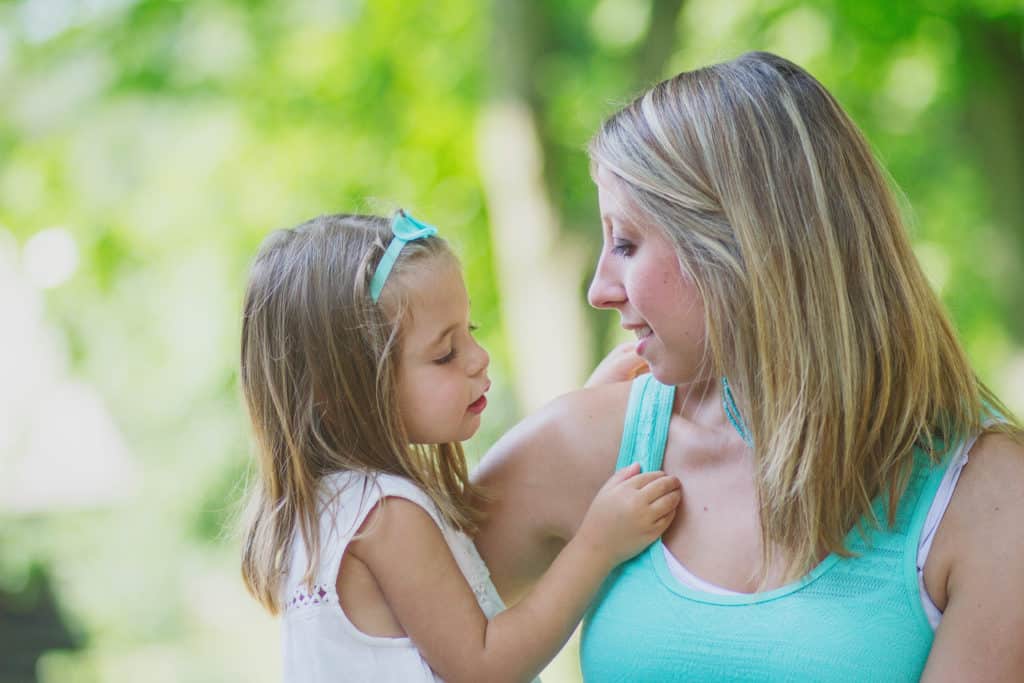
1) Authoritative Parenting Style
The authoritative style includes high levels of control and warmth.
This parent often does make demands of their children, but they are age-appropriate and reasonable. For example, they may use a chore chart with positive reinforcements.
Even with these demands and expectations, the parent still listens to their child and will sometimes be more flexible with the rules if the situation warrants it.
Thus, the parent respects and listens to the child, while also providing structure and expectations for them. These parents are likely to validate their child’s feelings.
Children of authoritative parents typically feel “heard and valued.”
2) Authoritarian Parent Style
The authoritarian style is high in control and low in parental warmth.
Although authoritarian and authoritative sound similar, there are many important differences between these two styles.
This parent often likes strict rules and to be viewed as authority figures. They have high expectations of their children, and do not believe in affection.
In order to get their child to obey, threats are often used. They don’t explain the reasons for the rules and are not very flexible with them either. If a child does ask for an explanation for a rule, this parent likely says, “Because I said so!” Thus, there is a little regard for the child’s opinions and values.
The worst part of this parenting style is that the discipline is harsh and demeaning, which is reflected in the fact that they often use corporal punishment or physical abuse.
Read: What is Helicopter Parenting?
3) Permissive or Indulgent Parenting Style
The permissive style involves high warmth, but low control and restrictions.
This parent makes few demands of the child and engages in little monitoring of their child’s activities. They are sometimes viewed as free-range parents.
Children of these parents are often free to express their opinions and ideas and have nearly equal say in family decisions.
If these parents do use consequences, they may be likely to not make them stick. For example, they may be apt to give in if a child begs to get their tv privileges back.
4) Disengaged or Uninvolved Parenting Style
This neglectful parenting style involves both low control and low warmth.
These uninvolved parents do not set any expectations and rules, nor are they emotionally connected to their children. These parents are emotionally consumed with problems in their own lives that they don’t have much left to give to their children.
Learn all about this toxic parenting, also called Enmeshed Parenting here.
In turn, children of permissive parents feel as if there are things in their parent’s lives that are more important than they are.
Can you be In-between Parenting Styles?
While I usually like to wear comfortable clothes, I sometimes enjoy dressing up. Our styles can change and don’t always fit perfectly into a category.
This holds true for parenting styles, also.
For example, a permissive parent might draw the line somewhere when it comes to their child’s behavior. Or an authoritarian parent might be flexible in some situations when it comes to the rules.
At the same time, however, these parenting styles are fairly consistent.
Therefore, while you may sway from style to style, there will be one that describes you the majority of the time. Consider that parenting style while we discuss psychosocial development below.
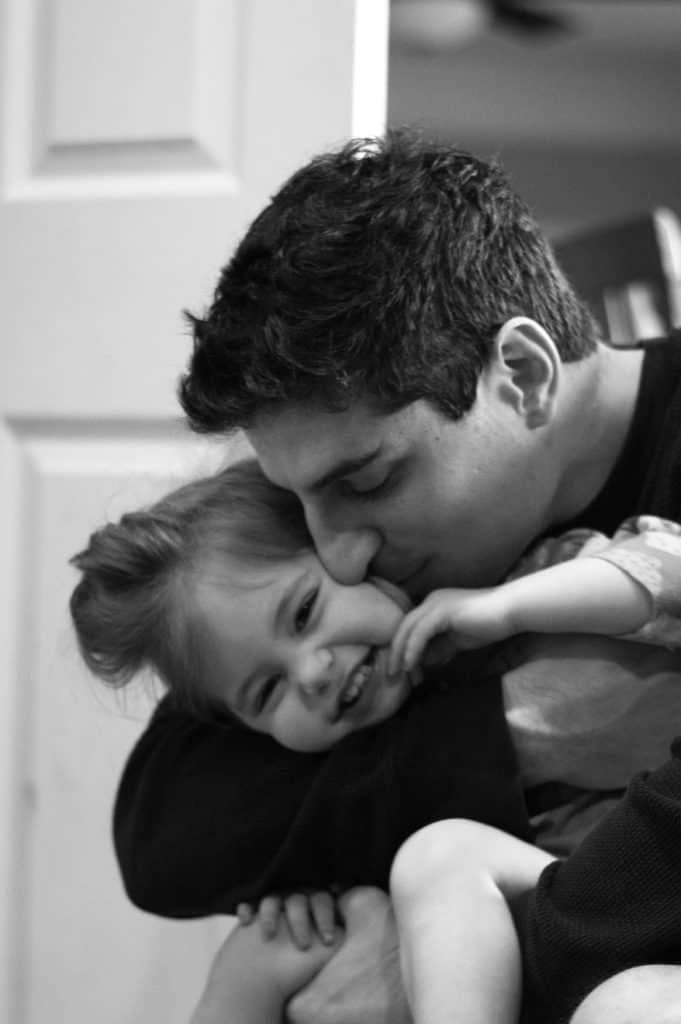
Interestingly The consequences of these parenting styles are not universal, as there are other factors to take into account such as age, cultural background, and the temperament (like personality) of the child. These factors may interact with the each parenting style to result in different outcomes.
For instance, authoritarian parenting in Egypt, Iran, India, and Pakistan is associated with children learning to express their wants and needs in “accordance with their culture’s expectations.” So, in this case, this parenting style is not related to lower levels of self-esteem.
What are the Consequences of these Parenting Styles?
The specific parenting methods have a huge impact on the child outcomes and future. Additionally, they play a significant role during the developmental stages of a child’s life.
Research shows that different styles can impact a child’s academic performance (and general school performance), behavioral problems, and the ability to have a positive relationship with others.
Authoritative Parenting Style and Confident Kids
This is considered the best parenting style, as these children are the most self-reliant, self- controlled, and content.
These children can better regulate their own emotions and behaviors, which in turn, results in them being more likely to listen and follow their parents’ directions and instructions. In addition, Diana Baumrind found a high achievement orientation in these children.
In addition, preschool children that are raised with this parenting style are more likely to become highly competent and well-adjusted adolescents.
These children have good behavior and are more socially skilled versus aggressive. They also show higher levels of self-esteem and are more likely to be seen as leaders.
And last of all, they are less likely to become involved in drugs and alcohol. According to one article, these children tend to be “happy and successful,” and great at making decisions.
Related: How to Hardwire Your Child for Happiness
Authoritarian Parenting Style and Mental Health Struggles
In contrast to the authoritative parenting style, children raised by an authoritarian parent are more likely to be defiant, resentful, as well as possibly depressed and anxious.
These consequences may be a result of two destructive aspects of this parenting style, parental hostility and intrusive control.
According to Diana Baumrind, these children feel trapped, because they are unable to protest because of the possible negative consequences. This, in turn, may foster a lot of anger, because they are also unable to think for themselves or make their own decisions. In addition, authoritarian parents are more likely to use physical punishment. We know from a lot of research that this models aggressive behaviors, so children are likely to become aggressive themselves. This may explain why some of these children become bullies and “take out their anger” on others.
As a result of all of this, these children are likely to have lower levels of self-esteem. Thus, this parenting style has a lot of negative consequences for child development.
You may also enjoy: How to deal with an argumentative child
Permissive Parenting Style and Poor Social Skills
Children who are raised with this parenting style are less self-reliant, explorative, and self- controlled. These parents may parent this way, because they feel as if it can help their children become more creative. However, the outcomes for this parenting style are not always so good.
For example, these children have poor self-regulation skills, in that, they have trouble controlling their behaviors and emotions.
In addition, because of the poor self-regulation skills, these children have higher rates of substance abuse, more dental cavities (these parents are less likely to enforce good habits), and are more likely to be overweight and obese.
Last of all, children who were raised with this parenting style are often self-centered and have poor social skills.
Disengaged Parenting Style and Low Self-Esteem
Children who are raised with this parenting style often show the worst outcomes
These children are more aggressive and have lower levels of academic achievement. In addition, they have higher levels of anxiety. Children of these parents often don’t exhibit some of these negative effects until they reach adolescence.
Adolescents who were raised with this parenting style are twice as likely as their peers to smoke and drink by the end of high school. They may also show antisocial behaviors such as bullying.
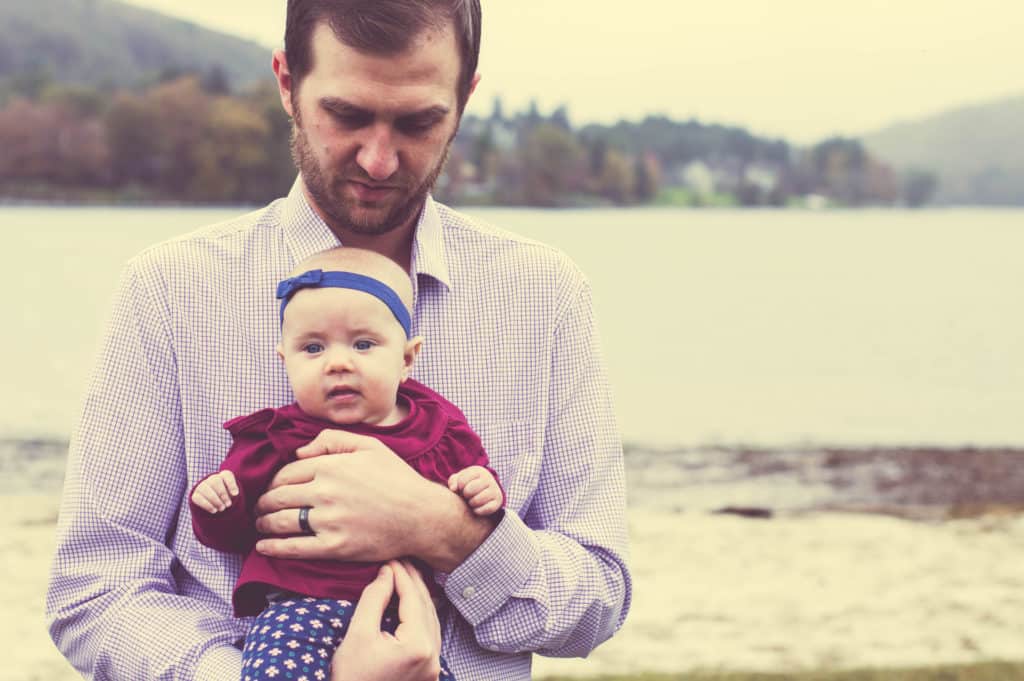
Final Thoughts on the 4 Parenting Styles Defined Above
As a parent, I make it my goal to provide predictable structure, while also dumping on loads of affection.
The type of parent you are and your specific parenting behaviors is a huge piece to the complicated puzzle of developing happy and resilient kids.
If you would like to improve on your parenting style, you can:
- Set rules and boundaries for your children
- Listen more to your child and involving them in problem solving.
- Provide social support – encourage your child to give respect and expect respect
- Approach bad behavior with natural consequences
- Encourage your child to openly talk about negative emotions
Follow us on Facebook for more honest parenting discussions.
References
Levine, L. E., & Munsch, J. (2019). Child development from infancy to adolescence. (2 nd ed.).Sage Publications: Thousand Oaks, CA.
Morin, A. (2019). 4 types of parenting styles and their effects on kids. Retrieved from https://www.verywellfamily.com/types-of-parenting-styles-1095045
BIO
Tamra is a married mother of a 3-year-old girl. She is also a professor that teaches a lot of developmental psychology classes, so she enjoy sharing her knowledge with others!
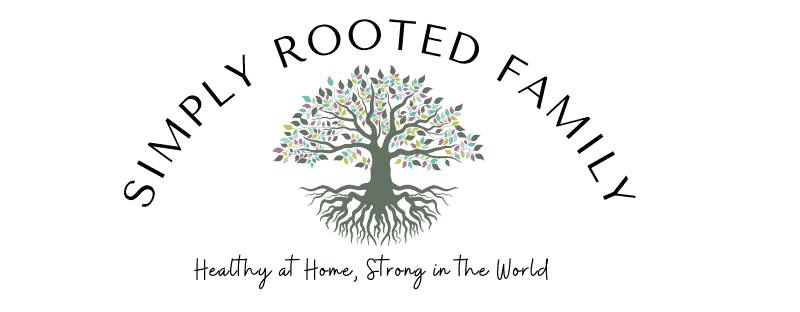
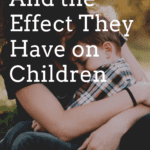
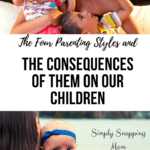


Mindvalley
Thursday 29th of August 2019
Lots of great information here. https://blog.mindvalley.com/authoritarian-vs-authoritative/
Mama Writes Reviews
Tuesday 9th of July 2019
Interesting post. I don't even know where my parenting style fits in these four. I have a kid with special needs, so I often have to change what has worked in the past for the present situation.
Ceci Rey
Tuesday 9th of July 2019
I found this very interesting. I didn't realize that there may be 4 different kinds of parenting. Having 5 children...I just parent. But after reading this, I feel like I am doing great! Thanks for the inspiration!
alunderfullife
Tuesday 9th of July 2019
I think understanding these different styles is great for all parents as it helps them understand more about parenting and how it can benefit (or hurt) your child.
Erin Augstman
Tuesday 9th of July 2019
Great post! I know that I am definitely a mix of authoritative and authoritarian - have definitely said a few “because I said so”s, in my time ;).